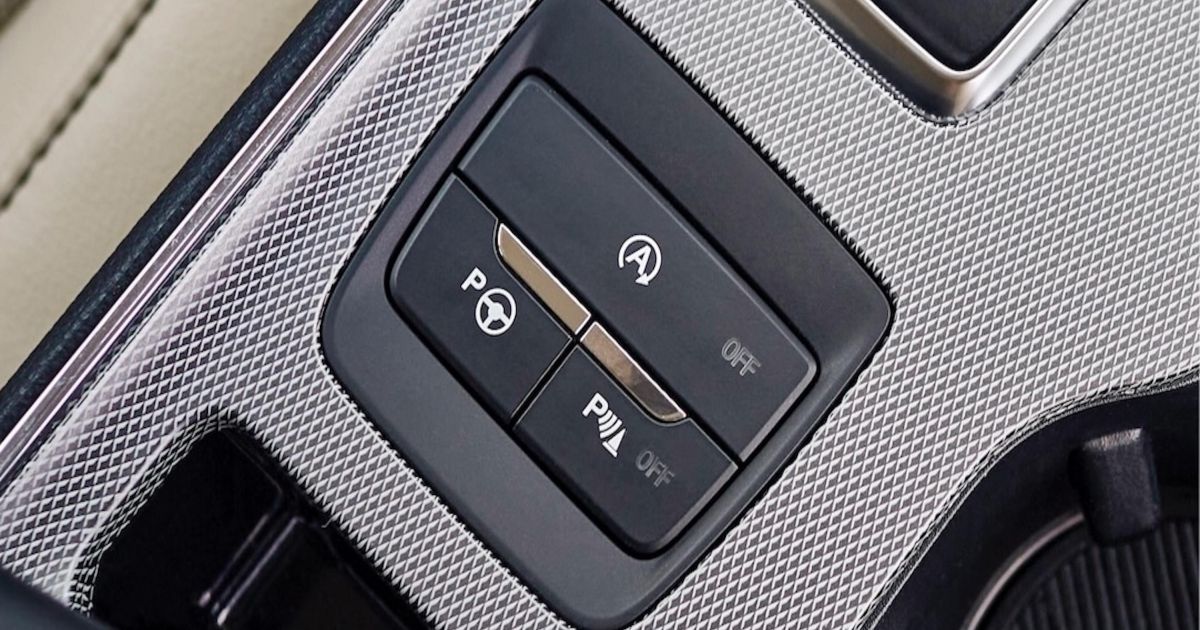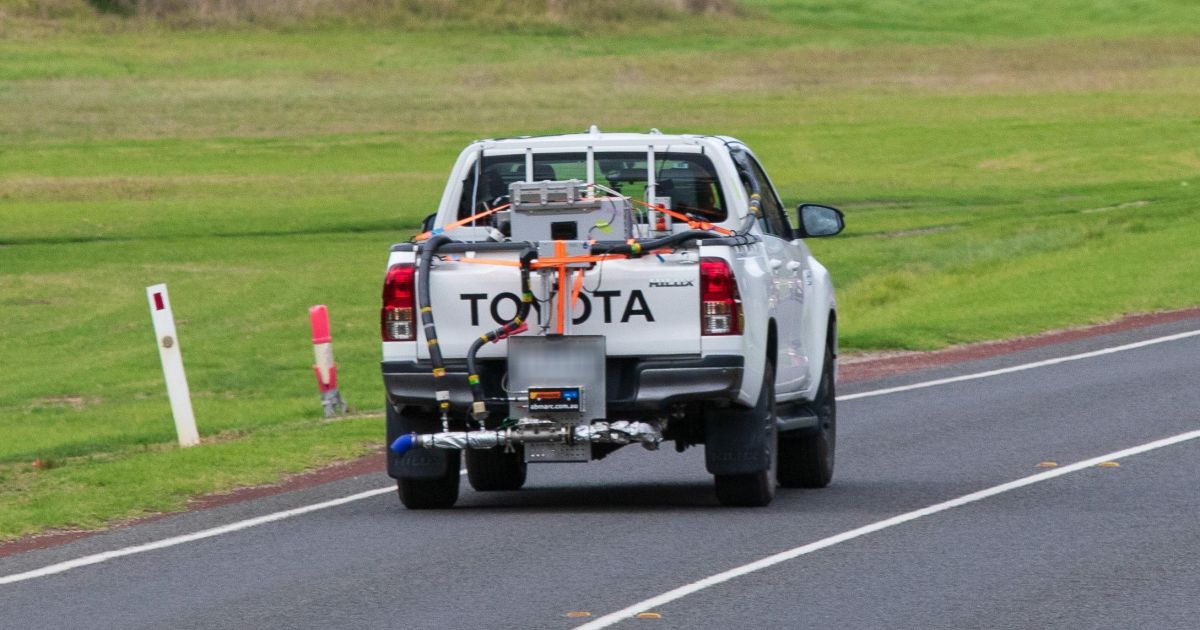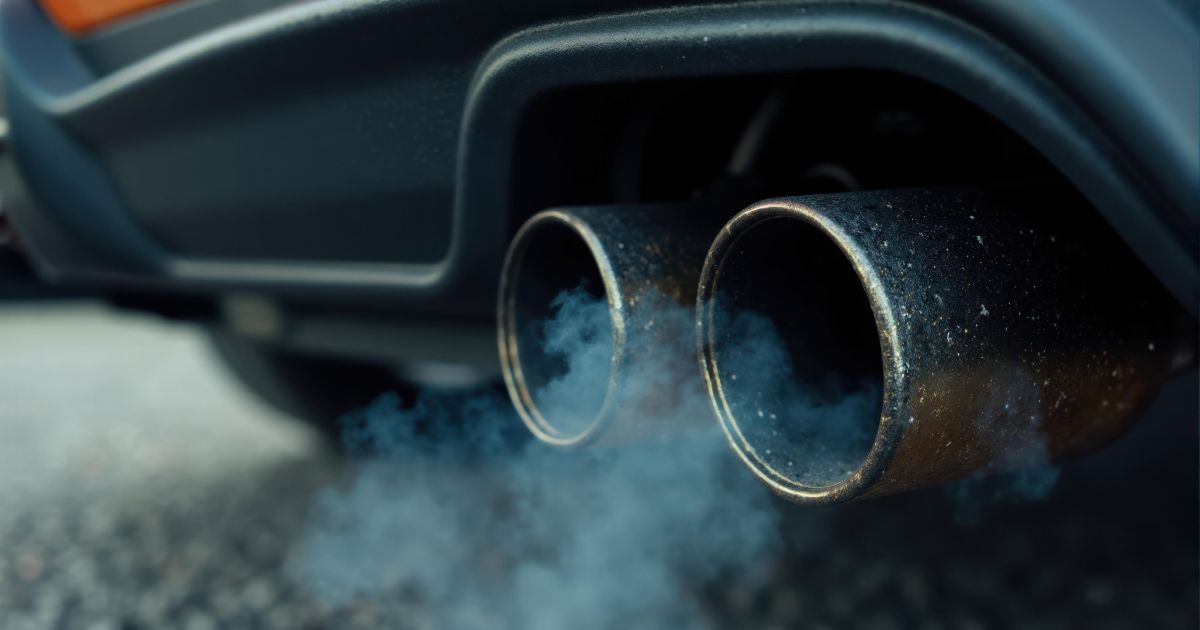Automatic stop/start systems in new cars are being targeted by the Environmental Protection Authority (EPA) in the United States.
Stop/start technology – also referred to as idle/stop or branded by automakers like Mazda, which calls it ‘i-Stop’ – automatically shuts an engine down when the vehicle is stationary to reduce fuel and emissions.
A light application of the accelerator pedal automatically restarts the engine allowing the vehicle to move off again.
Lee Zeldin became the boss of the EPA in January 2025 as part of US President Trump’s administration and took to social media platform X to share plans to ‘fix’ stop/start tech.
Hundreds of new car deals are available through CarExpert right now. Get the experts on your side and score a great deal. Browse now.
Start/stop technology: where your car dies at every red light so companies get a climate participation trophy. EPA approved it, and everyone hates it, so we’re fixing it. pic.twitter.com/zFhijMyHDe
— Lee Zeldin (@epaleezeldin) May 12, 2025
“Start/stop technology: where your car dies at every red light so companies get a climate participation trophy. EPA approved it, and everyone hates it, so we’re fixing it,” the EPA administrator said on X.
Mr Zeldin hasn’t elaborated on what ‘fixing it’ specifically means but it could mean a ban or removal of the tech from new vehicles.
There has been no official announcement or press release issued on the EPA website, either.
New vehicles are typically emissions tested in their turn-key setting, meaning the automatic stop/start systems are automatically on by default.
Auto stop/start systems aren’t mandated in the US – or elsewhere – but they play a significant role in automakers meeting increasingly stringent emissions regulations, such as the New Vehicle Efficiency Standard (NVES) introduced in Australia on January 1, 2025.
By switching off the engine, automatic stop/start allows a period of zero emissions during the testing cycle for a lower emissions and fuel consumption rating overall.
In most (but not all) vehicles, automatic stop/start can be switched off manually after the ignition has been switched on.
There has been skepticism over how much fuel and emissions savings the systems bring, while vehicles with the technology require specific battery types and additional parts, such as the capacitor used by Mazda as part of its SkyActiv tech which includes stop/start.
The Ford Ranger – the best-selling vehicle in Australia for the past two years – saw stop/start removed from a batch of vehicles due to a semiconductor shortage in 2022. The system is now standard on the majority of the 2025 Ranger and arch-rival Toyota HiLux lineups in Australian showrooms.
The Australian Automobile Association (AAA) found almost every vehicle of more than 200 it tested in 2024 used more fuel than the official manufacturer’s claim, despite many of these vehicles featuring stop/start technology.
That’s despite the 2018 introduction of the World Harmonised Light Vehicle Testing Procedure (WLTP) – led by Europe – designed to provide more accurate, real-world fuel economy and emissions ratings.
The WLTP was developed with significant input from automakers.
The EPA’s focus on stop/start tech is one of several policies which may impact vehicle emissions in the US.
The Trump administration has wound back more than 145 environmental regulations since it took office in January 2025, after rolling back around 100 during President Trump’s first term between 2016-2020.
This included President Trump following through on his promise to abolish what he called ‘the electric vehicle mandate’ on his first day in office, which had set a goal for half of all new-vehicle sales to be zero emissions by 2030.
The Trump administration also began looking at how it could remove an EPA waiver for the state of California – a global leader in vehicle emission laws – which allowed it to legislate its own ban on the sale of internal combustion engines from 2035.




